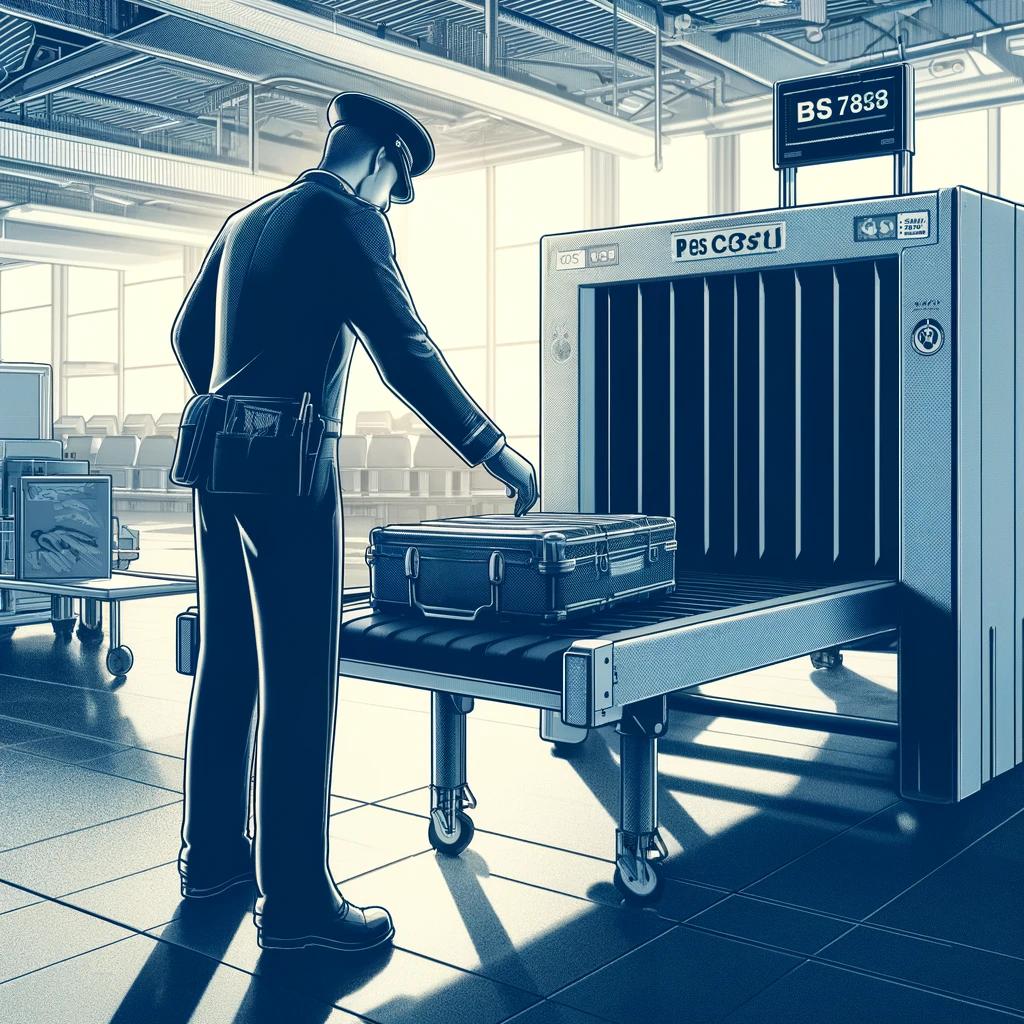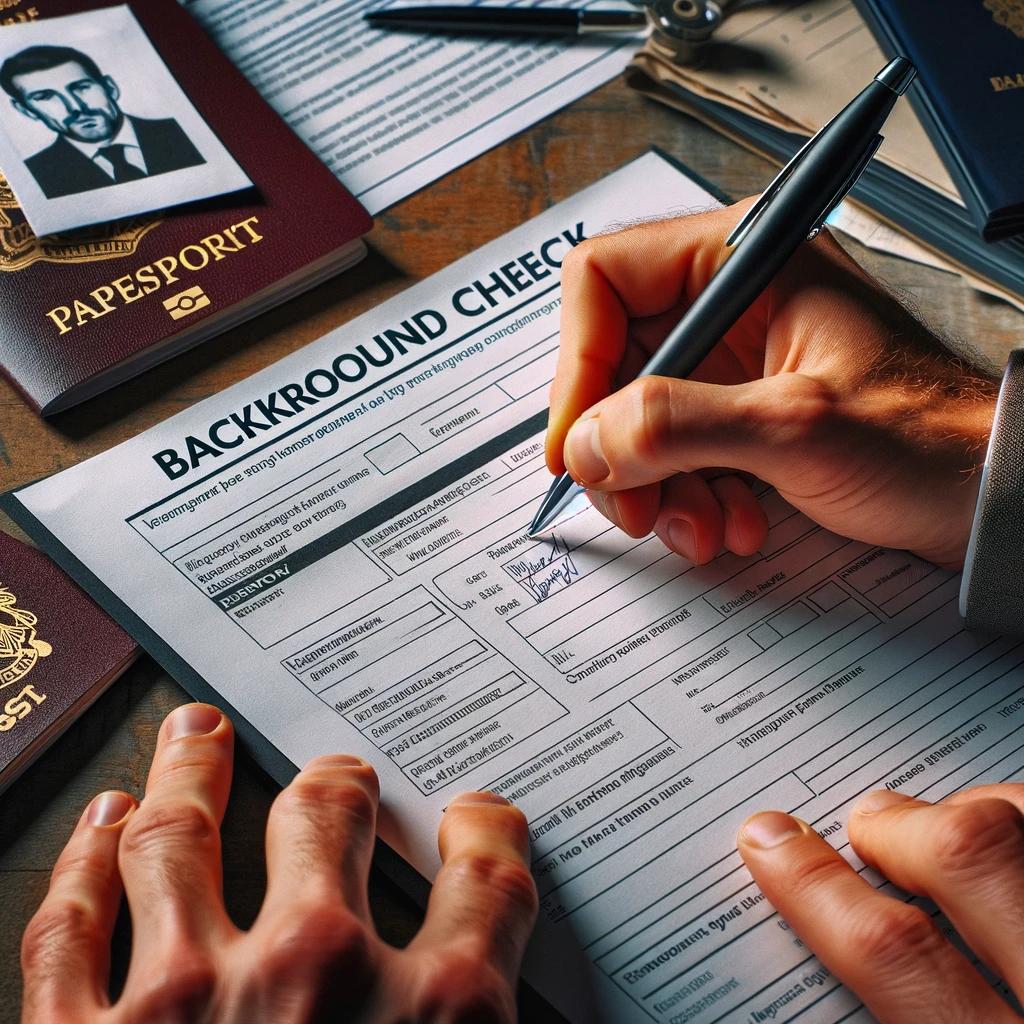
Who is eligible for Bpss?
pre hire background check
When undertaking BPSS clearance, organizations must verify four main components: identity confirmation, employment history, criminal record, and right to work status. This comprehensive approach ensures that all aspects of an individual's background are scrutinized, providing a holistic view of their suitability for sensitive roles. The thoroughness of BPSS clearance helps prevent any potential security breaches that could arise from incomplete background checks.
Regarding regulatory compliance, both standards must adhere to the UK's data protection laws, including GDPR. However, BS7858:2019 also outlines specific storage and handling procedures for the sensitive information gathered during the vetting process, reflecting its more rigorous data collection. This includes requirements for how data should be secured and the duration it can be kept before needing to be securely disposed of.
Continuous monitoring and updating of BPSS clearance are recommended for roles that involve ongoing security concerns. This proactive approach ensures that any changes in an employee's background that could affect their security status are promptly addressed, maintaining the integrity of sensitive environments and protecting national interests.



